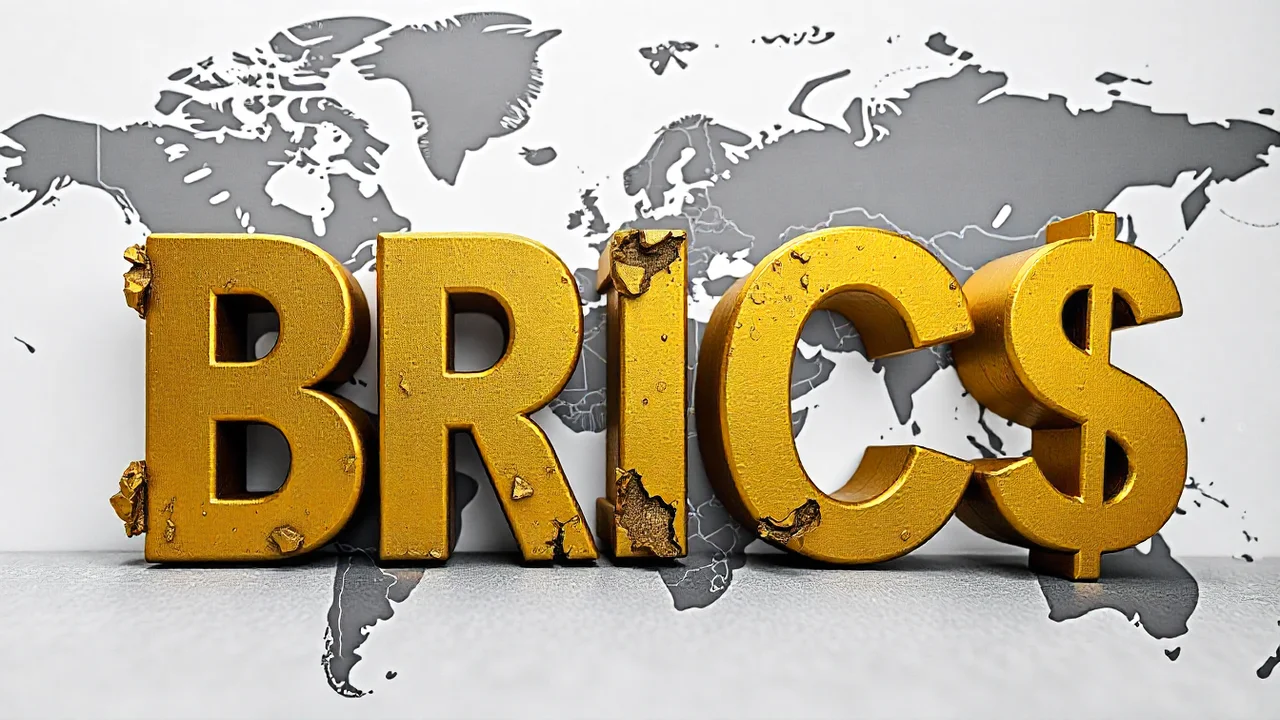Catenaa, Sunday, September 07, 2025- Canadian digital bank VersaBank has launched a US pilot for tokenized dollar deposits using Ethereum, Algorand, and Stellar blockchains, aiming to offer a regulated alternative to stablecoins.
The pilot, run through VersaBank USA, tests the bank’s Digital Deposit Receipts (DDRs) system, with each token, branded USDVB, representing one US dollar held on deposit.
The trial will simulate thousands of small-value transactions internally before involving selected external partners.
Tokens are issued and managed through the bank’s digital vault and e-wallet platforms. Unlike typical stablecoins issued by private companies, VersaBank’s tokenized deposits are federally insured, earn interest, and remain liabilities of a regulated bank.
The system is designed to improve efficiency in money transfers while adhering to banking rules.
Earlier experiments by other banks, including Custodia, Vantage Bank, and JPMorgan, demonstrated growing interest in tokenized deposits as an alternative to traditional money-market and stablecoin solutions.
Analysts say VersaBank’s approach could expand adoption of blockchain-based banking products while maintaining regulatory compliance.
VersaBank said the pilot is expected to conclude by the end of 2025. The bank will seek approval from the Office of the Comptroller of the Currency before any public rollout.
Observers noted that the pilot positions VersaBank at the forefront of tokenized deposit innovation, offering clients blockchain benefits without compromising deposit insurance or regulatory safeguards.
Executives also highlighted potential use cases for cross-border payments and institutional settlements, emphasizing that tokenized deposits could complement existing digital banking services while increasing operational efficiency.


